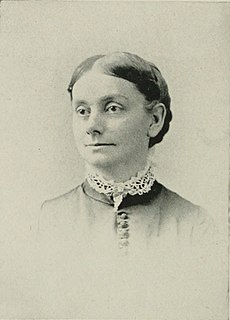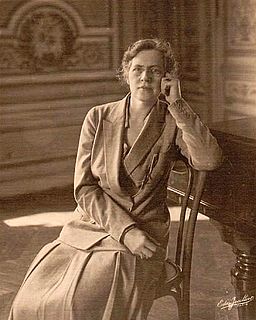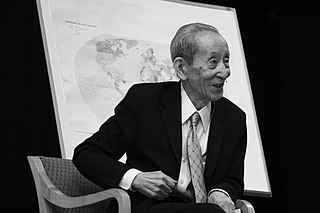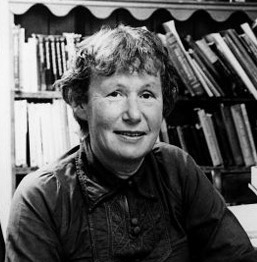A Quote by Julia McNair Wright
Books form in us habits of thought which shall live forever with us.
Related Quotes
It is so much easier to rest contented with what we have already acquired than to change ever so slightly those routine but profound habits of thought and feeling which govern our life, and by which we live so blissfully. This mental inertia is, perhaps, our greatest enemy. Insidiously it leads us to assume that we can renew our lives without renewing our habits.
If the book we are reading does not wake us, as with a fist hammering on our skull, why then do we read? So that it shall make us happy? Good God, we should also be happy if we had no books, and such books as make us happy we could, if need be, write ourselves. But what we must have are those books which come upon us like ill fortune, and distress us deeply, like the death of one we love better than ourselves; like suicide. A book must be an ice-axe to break the sea frozen inside us.
Let us re-adopt the Declaration of Independence, and with it, the practices, and policy, which harmonize with it. Let north and south - let all Americans - let all lovers of liberty everywhere - join in the great and good work. If we do this, we shall not only have saved the Union; but we shall have so saved it, as to make, and to keep it, forever worthy of the saving. We shall have so saved it, that the succeeding millions of free happy people, the world over, shall rise up, and call us blessed, to the latest generations.
It is quite beyond me how anyone can believe God speaks to us in books and stories. If the world does not directly reveal to us our relationship to it, if our hearts fail to tell us what we owe ourselves and others, we shall assuredly not learn it from books, which are at best designed but to give names to our errors.
Few people ask from books what books can give us. Most commonly we come to books with blurred and divided minds, asking of fiction that it shall be true, of poetry that it shall be false, of biography that it shall be flattering, of history that it shall enforce our own prejudices. If we could banish all such preconceptions when we read, that would be an admirable beginning.
Dialogue is a space where we may see the assumptions which lay beneath the surface of our thoughts, assumptions which drive us, assumptions around which we build organizations, create economies, form nations and religions. These assumptions become habitual, mental habits that drive us, confuse us and prevent our responding intelligently to the challenges we face every day.
We all have come from infinity, We all live within infinity, We all shall return to infinity, We are all manifestation of one infinity, We are all brothers and sisters of one infinite universe, Let us love each other, Let us help each other, Let us encourage each other, Let us all together continue to realize The endless dream of one peaceful world, We are always ONE forever.
That which causes us trials shall yield us triumph: and that which make our hearts ache shall fill us with gladness. The only true happiness is to learn, to advance, and to improve: which could not happen unless we had commenced with error, ignorance, and imperfection. We must pass through the darkness, to reach the light.
Let us hopethat by the best cultivation of the physical world, beneath and around us; and the intellectual and moral world within us, we shall secure an individual, social and political prosperity and happiness, whose course shall be onward and upward, and which, while the earth endures, shall not pass away.
It is a horrible idea that there is somebody who owns us, who makes us, who supervises us - waking and sleeping - who knows our thoughts, who can convict us of thought crime, thought crime, just for what we think, who can judge us while we sleep for things that might occur to us in our dreams, who can create us sick, as apparently we are - and then order us, on pain of eternal torture to be well again.
To demand this, to wish this to be true is to wish to live as an abject slave.
More than that, I believe that the grass is green because green is restful to the human eye, that the sky is blue to give us an idea of the infinite. And that blood is red so that murder will be more easily detected and criminals will be brought to justice. Yes, and I believe that I shall live forever, but I shall live without reason.
May we feel after Thee; still calling out in the darkness, as children waking in the night call "Father," so may we call out for God; and, at times, even if we do not hear Thy voice, may there be the form of a hand resting upon us, and that shall be enough; for we shall take hold of it, though it be in the dark, and it shall guide us to the growing light; for the day shall come, and the release and triumph.
































